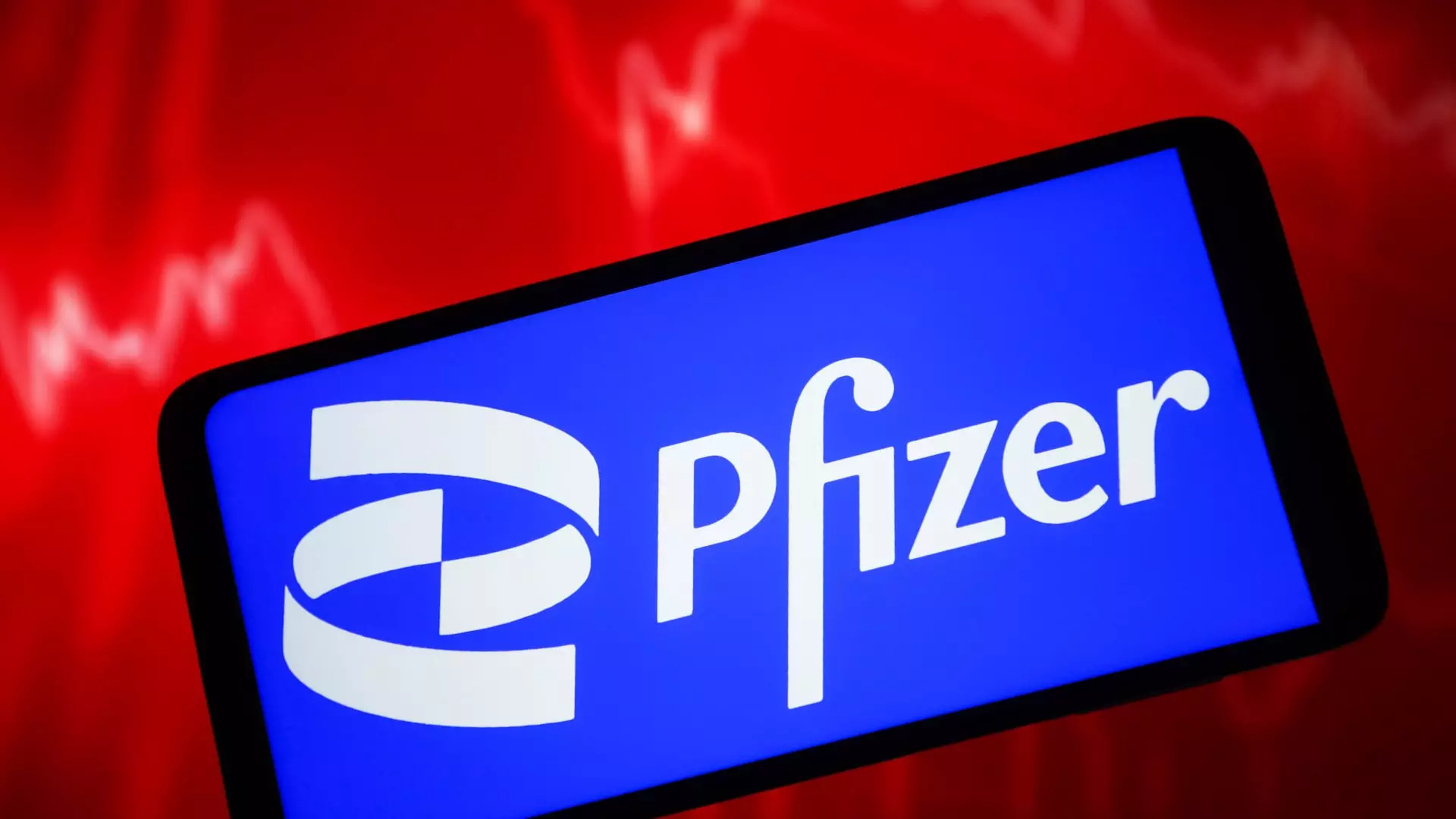In a recent development, the Food and Drug Administration has given the green light to Pfizer’s groundbreaking treatment for hemophilia B, a rare genetic bleeding disorder. This approval marks a significant milestone for the company, as it is their first gene therapy to gain clearance in the United States.
Overview of Beqvez
The newly approved drug, known as Beqvez, is targeted towards adults with moderate to severe hemophilia B who meet specific criteria. It is a one-time therapy that aims to enable patients to produce the necessary clotting factor IX on their own, thus preventing and controlling bleeding. This is a significant improvement over the traditional treatment for hemophilia B, which involves multiple infusions of the protein factor IX on a regular basis.
One of the most striking aspects of this approval is the hefty price tag attached to Beqvez – a staggering $3.5 million before insurance and rebates. This makes it one of the most expensive drugs in the U.S. While the drug will be available by prescription to eligible patients this quarter, the high cost may pose a significant barrier to accessibility for many individuals living with hemophilia B.
The approval of Beqvez has the potential to be transformative for appropriate patients, according to experts in the field. By reducing both the medical and treatment burden over the long term, this gene therapy offers hope for individuals struggling with the commitment and lifestyle disruptions associated with regular protein infusions. The ability to prevent painful joint damage and mobility issues caused by spontaneous bleeding episodes is a significant advancement in the treatment of hemophilia B.
Pfizer’s Strategic Shift
For Pfizer, the approval of Beqvez represents a crucial step in their efforts to diversify and strengthen their product portfolio. Following the decline of their Covid business last year, the company is focusing on cancer drugs and treatments for other disease areas to drive growth. Investment in gene and cell therapies, such as Beqvez, is seen as a strategic move to tap into the rapidly growing market for high-cost, one-time treatments that have the potential to revolutionize the treatment of genetic disorders.
While Beqvez faces competition from similar treatments, such as Hemgenix from CSL Behring, the high costs and logistical challenges associated with gene therapies remain a significant hurdle. Limited uptake of gene therapies for hemophilia A, despite FDA approval, underscores the challenges facing the widespread adoption of these innovative treatments. Pfizer’s ongoing efforts to seek FDA approval for marstacimab, an experimental antibody for hemophilia A and B, highlight the company’s commitment to expanding their gene therapy portfolio.
The approval of Pfizer’s gene therapy for hemophilia B represents a significant breakthrough in the treatment of this rare genetic disorder. While the introduction of Beqvez offers hope for patients and signifies a strategic shift for Pfizer, the high costs and accessibility challenges associated with gene therapies remain key considerations moving forward. Only time will tell how the landscape of treatment for hemophilia B will evolve in the coming years with these innovative therapies at the forefront.



Leave a Reply